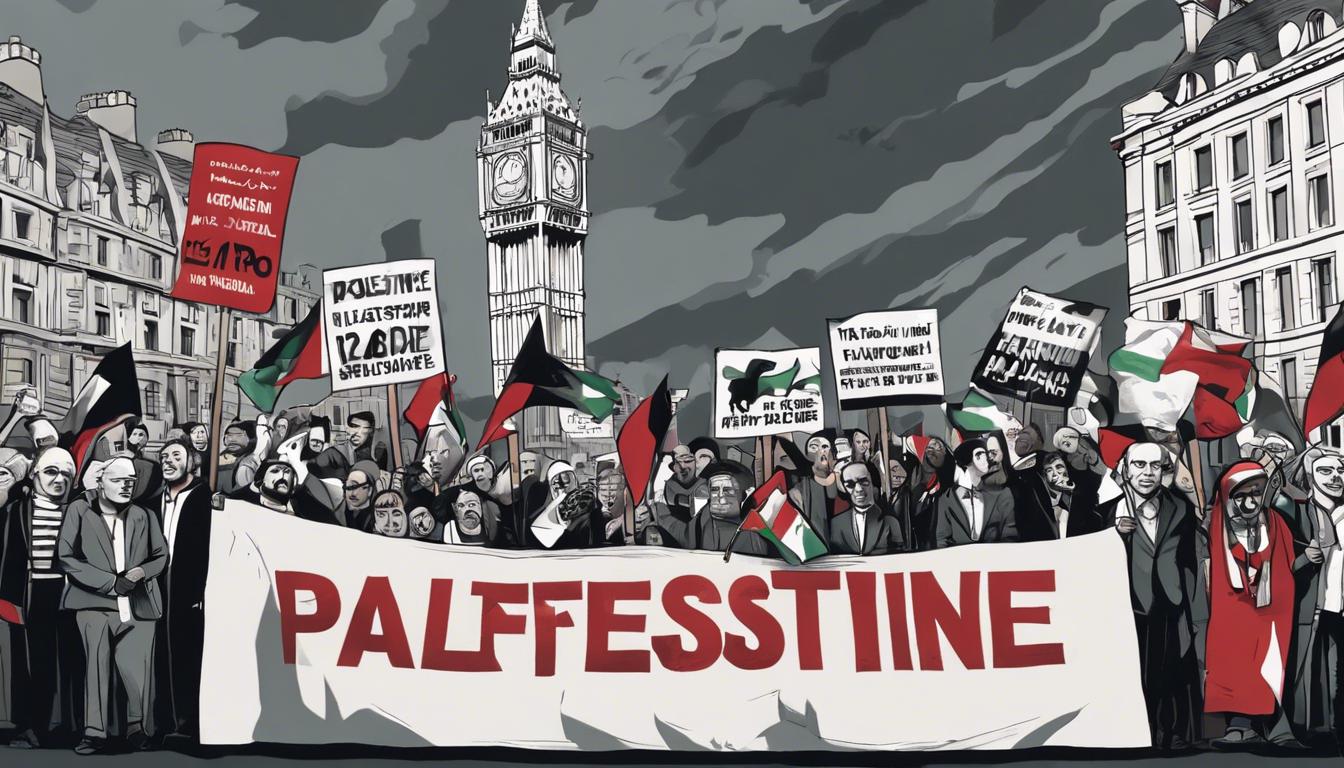As Israeli Prime Minister Benjamin Netanyahu contends with worsening clashes with Hamas, international voices demand a stronger peace-seeking role from the US and UK amid rising tensions and large-scale pro-Palestine protests in London.
Israeli Prime Minister Benjamin Netanyahu faces mounting pressure as conflicts with Hamas intensify, raising questions about his leadership’s implications for the future of Palestine and prompting international calls for a more assertive role by the United States and the United Kingdom in seeking peace and upholding humanitarian laws. The ongoing violence has been likened to a collapse in international order, with the United Nations’ authority being questioned due to its apparent ineffectiveness in resolving conflicts in Gaza, Ukraine, and other regions.
Within this international context, London witnessed significant pro-Palestine protests, where thousands of demonstrators, including notable figures like Holocaust survivor Stephen Kapos and actor Khalid Abdalla, convened to call for a ceasefire in Gaza. The protests, which also featured speeches by political figures such as Jeremy Corbyn, underscored the demand for a diplomatic resolution to the conflict, advocating for a sovereign Palestinian state and criticizing the UK’s arms trade with Israel. However, the gatherings were not without controversy, as one man was arrested for allegedly encouraging support for a banned group, and tensions arose from clashes between protesters and counter-protesters displaying Israeli flags.
These events highlight the global and domestic challenges Netanyahu faces amid escalating violence. With protesters demanding concrete actions such as ending arms sales to Israel and pushing for prosecutions for war crimes, the international community’s role in achieving peace and stability in the region is under scrutiny. The Metropolitan Police noted the financial and social implications of policing the Gaza-related protests, which have exceeded £32.2 million and sparked debate over their impact on the Jewish community in London, adding another layer to the complex discourse surrounding the Israel-Palestine conflict.













